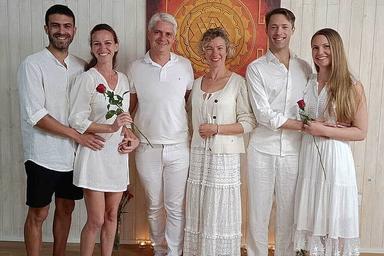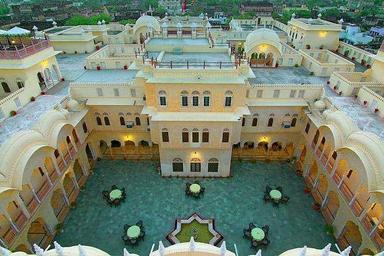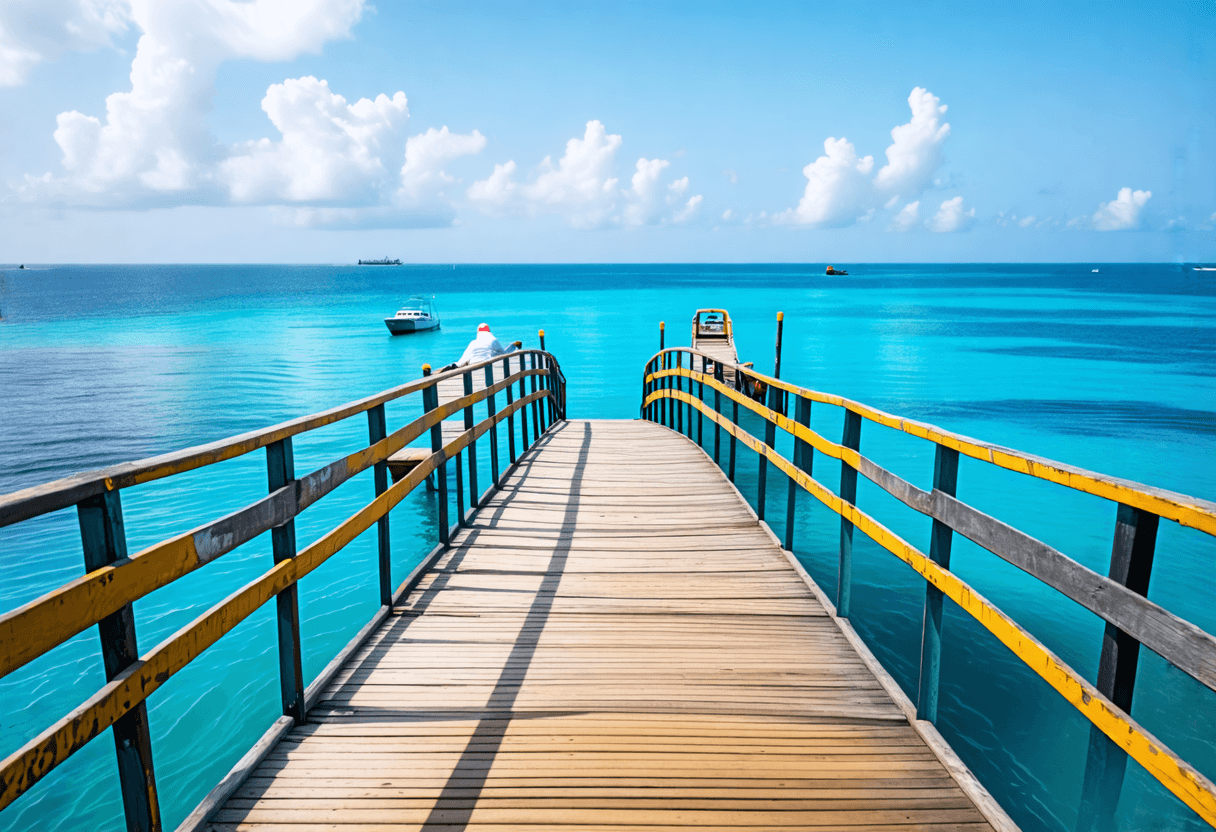
Transplant Tourism: Weighing the Risks
08 Oct, 2024
 Healthtrip
HealthtripImagine being able to travel to a foreign land, immerse yourself in a new culture, and receive a life-saving organ transplant all in one trip. Sounds like a dream come true, right? Unfortunately, this phenomenon, known as transplant tourism, is a complex issue that raises more concerns than excitement.
The Allure of Transplant Tourism
For individuals suffering from end-stage organ failure, the wait for a transplant can be a long and arduous one. In the United States alone, over 100,000 people are currently on the waiting list for a life-saving organ transplant. The wait can be as long as five years, and for many, it's a race against time. It's no wonder that desperate patients are turning to transplant tourism as a solution. Countries like India, China, and Mexico offer transplant services at a fraction of the cost of what it would be in the US or Europe, making it an attractive option for those who can afford it.
Most popular procedures in India
The Dark Side of Transplant Tourism
However, beneath the surface of this seemingly ideal solution lies a web of ethical concerns. In many countries, the organ trade is largely unregulated, leaving room for exploitation and abuse. The World Health Organization (WHO) estimates that up to 10% of all organ transplants performed globally involve trafficked organs. This means that vulnerable individuals, often from impoverished backgrounds, are being coerced into giving up their organs without their consent or adequate compensation.
Furthermore, the lack of regulation also raises concerns about the quality of care received by transplant tourists. In many cases, the medical facilities and personnel may not meet the same standards as those in the patient's home country, putting their health and safety at risk.
Wellness Treatments
Give yourself the time to relax
Lowest Prices Guaranteed!

Lowest Prices Guaranteed!
The Consequences of Unregulated Organ Trade
The consequences of unregulated organ trade are far-reaching and devastating. Not only do they perpetuate exploitation and abuse, but they also undermine trust in the global transplant system. When organs are obtained illegally, it creates a black market that fuels corruption and organized crime. Moreover, it also leads to a shortage of organs available for transplantation, making it even harder for those in need to access this life-saving treatment.
The Role of Governments and Healthcare Systems
So, what can be done to address this complex issue? Governments and healthcare systems have a critical role to play in regulating the organ trade and protecting the rights of patients and donors. Strengthening laws and policies to prevent organ trafficking, increasing transparency in organ procurement and allocation, and investing in public education campaigns to promote ethical organ donation are just a few measures that can be taken.
Additionally, governments can work to increase access to healthcare and transplantation services for all citizens, reducing the need for transplant tourism in the first place. This requires a commitment to investing in healthcare infrastructure, training medical personnel, and implementing policies that promote equitable access to healthcare.
The Power of Ethical Organ Donation
In contrast to transplant tourism, ethical organ donation offers a beacon of hope. When individuals choose to donate their organs after death or during life, they give the gift of life to others. Organ donation is a selfless act that not only saves lives but also promotes a culture of altruism and compassion.
By promoting ethical organ donation and increasing access to transplantation services, we can create a system that prioritizes the well-being of patients and donors alike. It's time to shift the focus from transplant tourism to ethical organ donation, and to work towards a future where everyone has access to the life-saving care they need.
Related Blogs

Best Countries for Affordable Healthcare in 2025 – 2025 Insights
Explore best countries for affordable healthcare in 2025 – 2025

Traveling from UAE to India for Surgery: What You Should Know – 2025 Insights
Explore traveling from uae to india for surgery: what you

Is Medical Travel Safe? Risks and How to Minimize Them – 2025 Insights
Explore is medical travel safe? risks and how to minimize
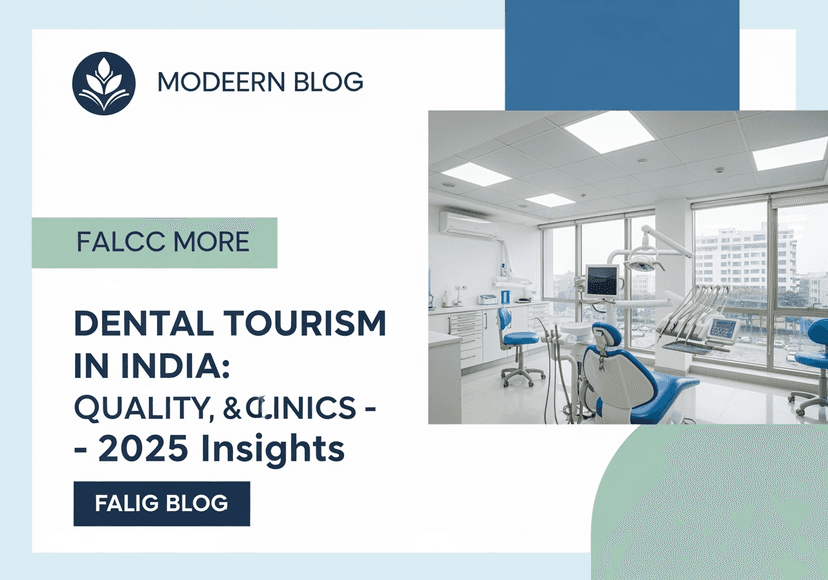
Dental Tourism in India: Quality, Cost & Clinics – 2025 Insights
Explore dental tourism in india: quality, cost & clinics –
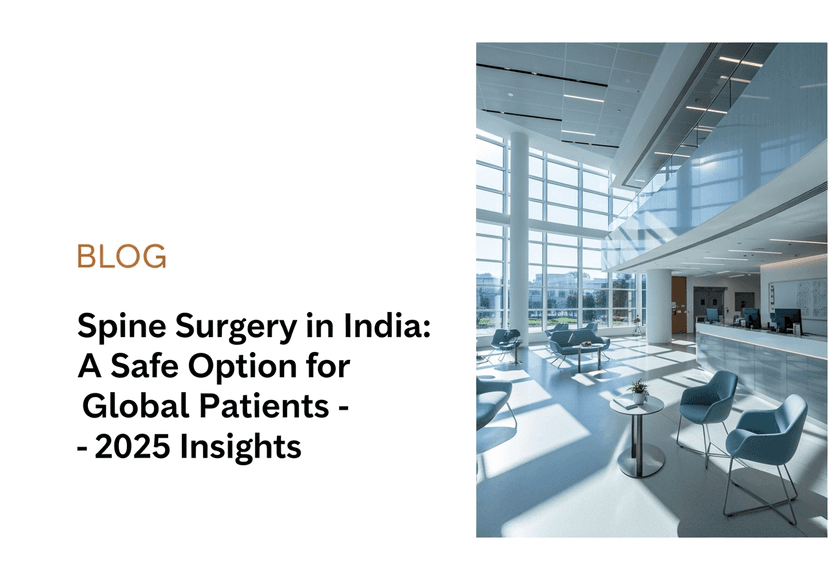
Spine Surgery in India: A Safe Option for Global Patients – 2025 Insights
Explore spine surgery in india: a safe option for global

Leading IVF Centers in India for International Couples – 2025 Insights
Explore leading ivf centers in india for international couples –






